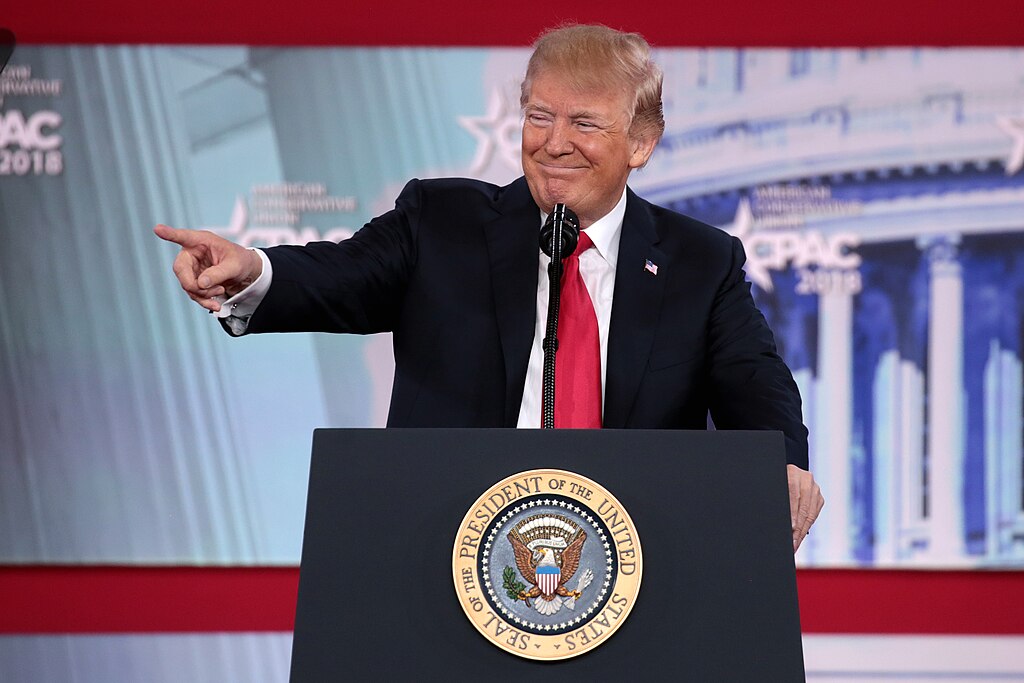Following the sentencing of José Ibarra, an undocumented immigrant convicted of murdering 22-year-old nursing student Laken Riley, ABC News correspondent Ike Ejiochi's coverage has ignited a firestorm of criticism. Ejiochi's reporting, which some perceive as attributing the tragedy to former President Donald Trump's policies, has been met with vehement opposition from various quarters.
The Controversial Coverage
In his segment, Ejiochi referred to the case as a "political lightning rod," suggesting that the incident has been politicized by different factions. Critics argue that this framing deflects responsibility from current immigration policies and unfairly implicates the previous administration.
Public Outcry
The response on social media has been swift and intense:
-
@JusticeForLaken: "Blaming Trump for this heinous act is absurd. The current administration's lax policies are to blame."
-
@MediaWatchdog: "Ejiochi's biased reporting is a disservice to journalism. Hold the right people accountable."
-
@ConcernedCitizen: "This tragedy should not be politicized. Focus on justice for Laken, not partisan blame games."
Political Reactions
Conservative commentators have seized upon Ejiochi's coverage as evidence of media bias. They contend that the focus should be on the current administration's immigration policies, which they believe allowed Ibarra to remain in the country. Supporters of former President Trump argue that stricter enforcement during his tenure would have prevented such incidents.
ABC News' Position
ABC News has stood by Ejiochi's reporting, emphasizing the importance of examining all factors contributing to the tragedy. The network maintains that understanding the broader political context is essential for comprehensive journalism.
Broader Implications
This controversy underscores the challenges media outlets face in covering sensitive issues involving crime and immigration. Balancing factual reporting with sensitivity to public sentiment remains a delicate task. The incident also highlights the ongoing debate over immigration policies and their real-world consequences.
Conclusion
The backlash against Ike Ejiochi's coverage of the Laken Riley case reflects deep-seated tensions in the national discourse on immigration and media responsibility. As the debate continues, it serves as a reminder of the complexities inherent in reporting on tragedies that intersect with political issues.



 Suspected Drone Strike Hits RAF Akrotiri Base in Cyprus, Causing Limited Damage
Suspected Drone Strike Hits RAF Akrotiri Base in Cyprus, Causing Limited Damage  Rubio Says U.S. Would Not Target School After Deadly Iran Strike Reports
Rubio Says U.S. Would Not Target School After Deadly Iran Strike Reports  Melania Trump Chairs Historic U.N. Security Council Meeting on Children Amid Iran Conflict
Melania Trump Chairs Historic U.N. Security Council Meeting on Children Amid Iran Conflict  U.S. Military Strikes on Iran Complicate Xi-Trump Summit and Expose China’s Energy Risks
U.S. Military Strikes on Iran Complicate Xi-Trump Summit and Expose China’s Energy Risks  Israel Strikes Hezbollah Targets in Lebanon After Missile and Drone Attacks
Israel Strikes Hezbollah Targets in Lebanon After Missile and Drone Attacks  Australia Rules Out Military Involvement in Iran Conflict as Middle East Tensions Escalate
Australia Rules Out Military Involvement in Iran Conflict as Middle East Tensions Escalate  Trump Says U.S.-UK Relationship Has Deteriorated After Starmer Hesitates on Iran Strikes
Trump Says U.S.-UK Relationship Has Deteriorated After Starmer Hesitates on Iran Strikes  Trump and Merz Meet at White House Amid Iran Strikes and Trade Tensions
Trump and Merz Meet at White House Amid Iran Strikes and Trade Tensions  Does international law still matter? The strike on the girls’ school in Iran shows why we need it
Does international law still matter? The strike on the girls’ school in Iran shows why we need it  Middle East Conflict Escalates After Khamenei’s Death as U.S., Israel and Iran Exchange Strikes
Middle East Conflict Escalates After Khamenei’s Death as U.S., Israel and Iran Exchange Strikes  Trump to Attend White House Correspondents’ Dinner 2026, Ending Long Boycott
Trump to Attend White House Correspondents’ Dinner 2026, Ending Long Boycott  U.S.-Israel War on Iran Escalates as Gulf Conflict Disrupts Oil, Air Travel and Regional Security
U.S.-Israel War on Iran Escalates as Gulf Conflict Disrupts Oil, Air Travel and Regional Security  Failure of US-Iran talks was all-too predictable – but Trump could still have stuck with diplomacy over strikes
Failure of US-Iran talks was all-too predictable – but Trump could still have stuck with diplomacy over strikes  Trump’s Iran Strikes Spark War Powers Clash in Congress
Trump’s Iran Strikes Spark War Powers Clash in Congress  Trump Announces U.S. Strikes on Iran Navy as Conflict Escalates
Trump Announces U.S. Strikes on Iran Navy as Conflict Escalates  Trump Says U.S. Attacks on Iran Will Continue, Warns of More American Casualties
Trump Says U.S. Attacks on Iran Will Continue, Warns of More American Casualties  AI is already creeping into election campaigns. NZ’s rules aren’t ready
AI is already creeping into election campaigns. NZ’s rules aren’t ready 






























